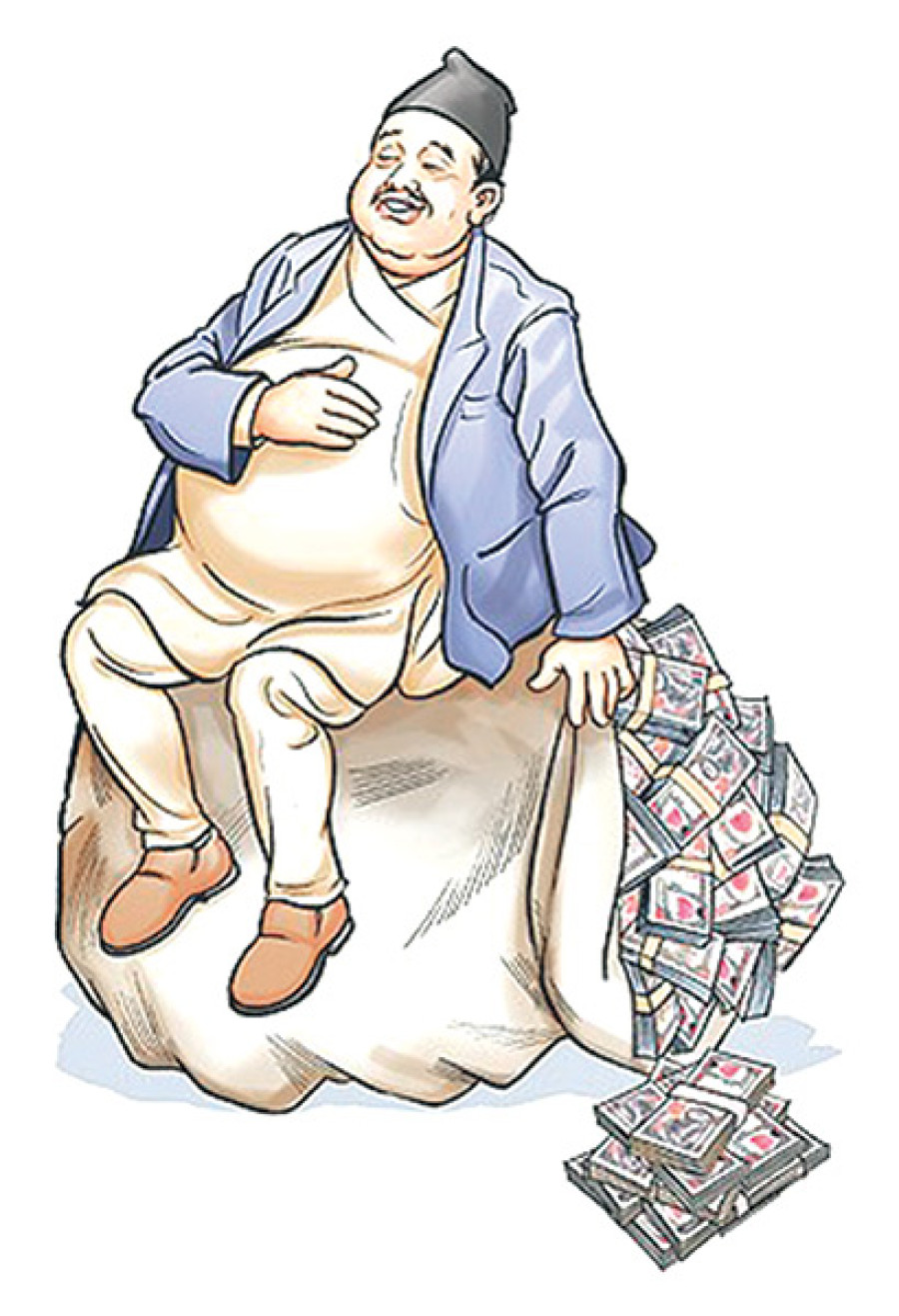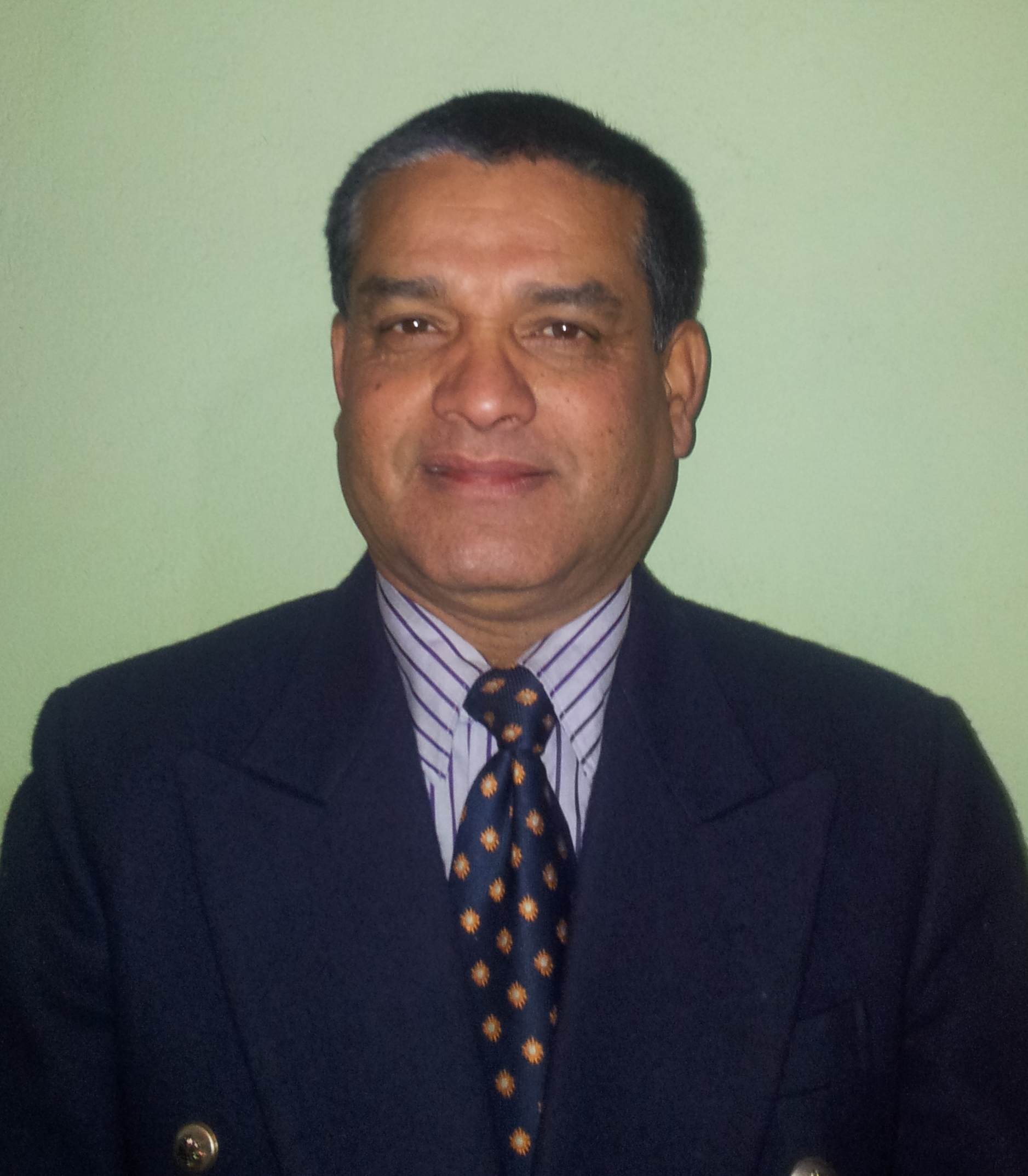Opinion
The fish rots from the head
Nepal was ranked 131 among 176 countries in the 2016 Corruption Perceptions Index 2016 prepared by Transparency International. It received a score of 29 on its scale of 0 (highly corrupt) to 100 (very clean).
Suresh Sharma
Nepal was ranked 131 among 176 countries in the 2016 Corruption Perceptions Index 2016 prepared by Transparency International. It received a score of 29 on its scale of 0 (highly corrupt) to 100 (very clean). According to Trading Economics 2017, Nepal’s unemployment rate increased to 3.20 percent in 2016 from 3 percent in 2015. Every day, young and enthusiastic jobseekers roam the streets of Kathmandu metropolis with hopes of getting work in the country or abroad, leaving behind their farms unattended despite their considerable productivity potential.
In the eyes of many of these youths, one can see an expression of both hope and frustration. They spend their meagre savings looking for a job, and expect to pay back their loans soon after flying abroad. The government announces myriad plans and programmes every fiscal year, but it has not been able to create jobs despite ambitious pledges. What is more astounding is that the newly elected mayors had made campaign promises to create employment opportunities within their municipalities.
Trend of misrule
Coming back to the subject of corruption in the country, almost all parts of the government can be said to be tainted. A thorough probe into the sources of money government officials have earned will reveal the depth of corruption. In this regard, the efforts made by the Commission for the Investigation of Abuse of Authority (CIAA) are appreciable. Nevertheless, the trend of misrule by corrupt government employees still remains unchecked.
During recent weeks, news reports have appeared in the media about corrupt officials being punished and a few senior officers of the police force being sent to jail. A few others are still at large including those who have been charged with similar offences in other services. This is indeed a very good step taken by the CIAA in its anti-corruption campaign. It also gives a clear picture of the rampant corruption that remains unnoticed at various levels in the country. The misrule is so widespread that victims of corruption have no quick way to report how they suffered harassment for not paying a bribe. They have no option but to pay a bribe to get things done.
According to Transparency International, people who blow the whistle on corruption are exposed to dangerous risks because laws to protect them are either too weak or unknown and not publicised. “As long as nobody brings the corrupt to justice, South Asia’s leaders run the risk that future growth only benefits the powerful, doing nothing to help the half billion South Asians who still live in poverty.”
Simmering frustration
Let us take a recent example. Some officials at the centre have questioned the new structure of rural municipalities as their privileges have been curtailed with more power being delegated to the local tier. Sometimes, high profile persons involved in corruption may enjoy political protection. Therefore, they get a clean chit after a sham investigation. The fish rots from the head. In Nepal, people view that many political parties down to the rank and file are corrupt. Ditto government servants and the people’s new leaders who have made fancy promises that are likely to be broken in the tradition of their predecessors.
Until people see the real face of politicians and their false promises, the unhindered practice of corruption will erode trust in the government, which is a very bad sign in the long term. Currently, the elected leaders have been blaming the Ranas, the kings, the Panchayat system, the earthquake and heavy rains for the sluggish pace of development in the country. If this continues, the simmering frustration of the disadvantaged people will grow into a revolutionary movement of a vague and uncertain nature, as we have been experiencing every 10 years or so.
Sharma, a retired brigadier general and former spokesperson for Nepal Army, is the CEO of the Nepal Institute for Strategic Studies




 18.12°C Kathmandu
18.12°C Kathmandu










